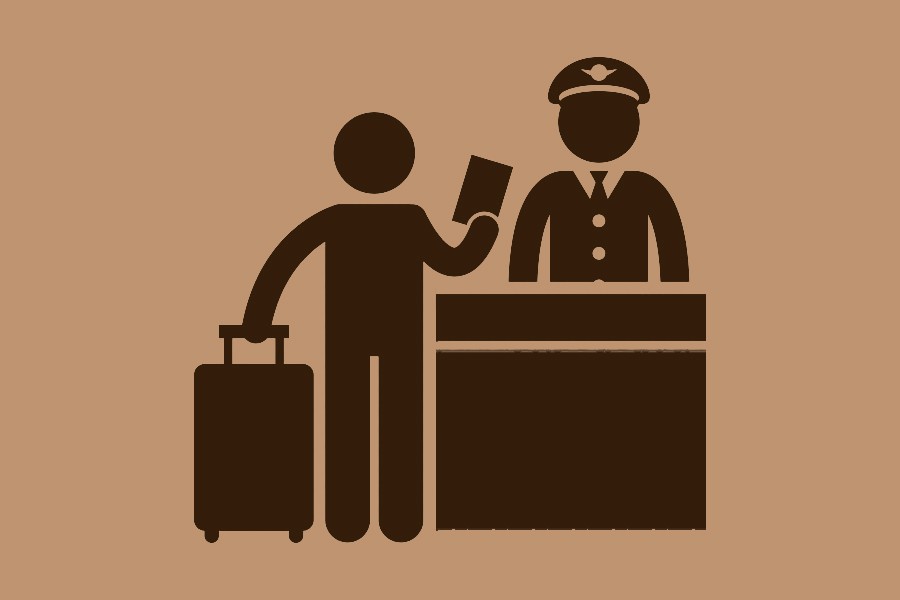The recent decision of the National Board of Revenue (NBR) to introduce e-auction has been a long-awaited one. Disciplining the auctioning procedures in the customs houses by removing not only the irregularities, but also the alleged corrupt practices--often ascribed to customs authorities--has been a perennial evil seriously affecting traders. According to media reports, NBR's option for e-auction is likely to be materialised from next month. Reportedly, the NBR with support from the US Agency for International Development is going to launch three major customs automation tools including that of e-auction from October this year. The customs wing of the NBR would launch e-auction for all customs houses across the country, and also start formal operation of national enquiry point and customs intelligence hotline for sharing information.
Historically, customs department has a detailed auction procedure to dispose of imported goods that remain unclaimed or are not cleared within the time limit allowed under the Customs Act, 1969. Goods, the import of which is prohibited, may also be sold through auction with prior permission of the Ministry of Commerce. It is well known that auction procedures undertaken at the customs houses lack transparency in the first place. A section of business people in league with corrupt officials dictate the terms as they are on the lookout for disposing of contraband and high value products at ridiculously low prices, on one pretext or another. Concerned quarters feel that once e-auction is launched, the system is likely to be rid of the prevailing perils as bidding and scrutinising of tender documents will be done through automated process.
E-auction, however, is only a part of the entire range of customs automation. To bring the whole gamut of customs activities under a transparent frame, there is no alternative to full-scale automation. For, automation can support the entire clearance process -- from lodging, acceptance and processing of cargo and goods declaration for import, export and transit, payment of applicable duties and taxes, to release of goods from customs control. Customs automation offers new possibilities to securities and guarantees. It can facilitate the use of risk management and risk-based selectivity and the collection of data for reporting external trade statistics. In the absence of automation, manual processing of paper-based cargo and goods declarations is very time consuming and poses hindrance to the growing volumes of international trade. In other words, customs administration operating manually holds back economic development of a country in many ways.
There are talks about the immediate necessity of automating the entire customs procedures of the country. A few projects were undertaken in collaboration with development partners to that end. However, it is not known whether those were abandoned or the NBR is now contemplating to undertake fresh projects for addressing the task comprehensively. If e-auctioning is the first step in that direction, one hopes that in order to bring the whole range of customs activities under a transparent and efficient mechanism, the authorities should take it seriously to accomplish the task as early as possible.


